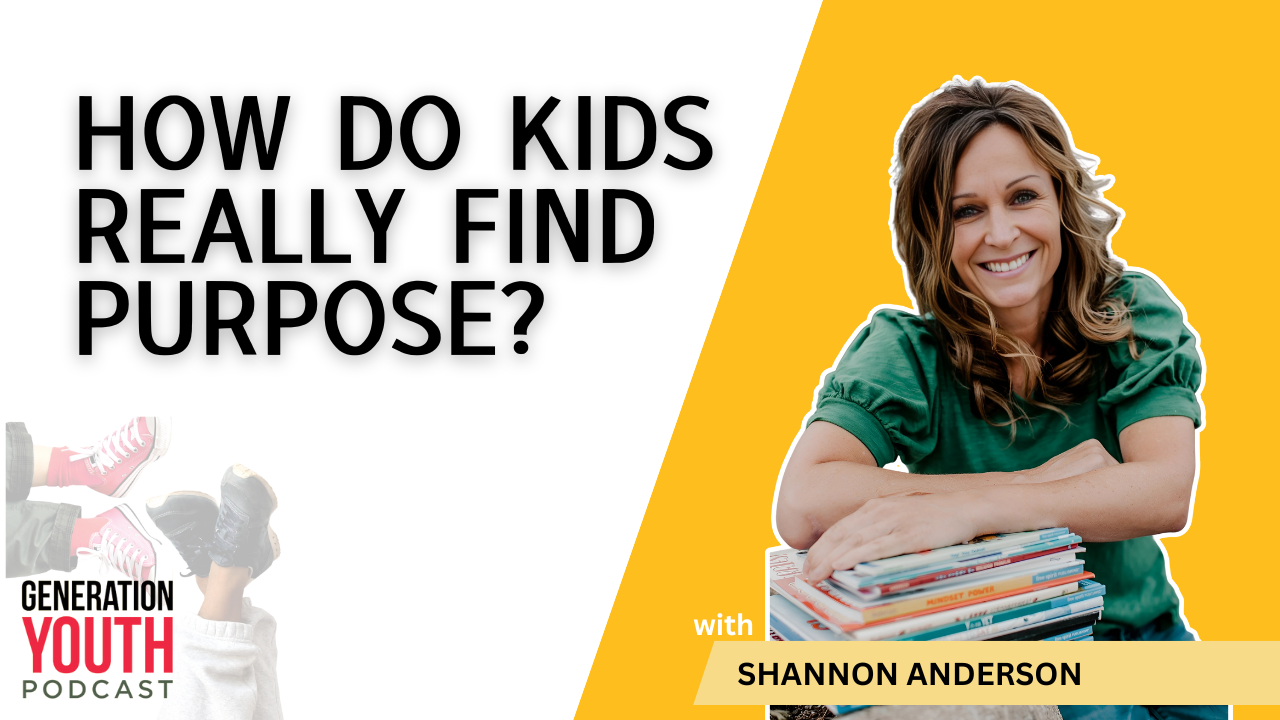The Power of Praising Effort: Building Resilience and Growth in Kids
Sep 15, 2025
Why Shifting Our Focus from “Smart” to “Persistent” Can Make All the Difference
Introduction
In a recent episode of the Generation Youth Podcast, educator and author Shannon Anderson shares invaluable insights about how and why we should praise kids—not for their innate intelligence, but for their efforts and strategies. Anderson’s perspective, drawn from both her classroom experience and research, calls for a fundamental shift in how parents, educators, and caregivers motivate young people. And the results? Stronger resilience, deeper motivation, and a passion for lifelong learning.
Why Effort-Based Praise Matters
We all want to encourage children to do their best, and it often feels natural to say, “You’re so smart!” But as Shannon points out, that type of praise comes with a hidden problem. Kids don’t actually control whether they are “smart” or not, and when mistakes happen, they can feel like their worth is on the line.
Instead, shifting the focus to effort-based praise changes everything. Saying things like “That’s awesome that you didn’t give up” or “Great job trying a new strategy” puts the spotlight on actions kids can control and repeat. These kinds of statements give kids handles—practical steps they can grab hold of and use again when things get tough.
Teaching Practical Strategies Through Praise
Effort-based praise isn’t just encouragement—it’s also teaching. Each time we highlight what a child did, we’re showing them a strategy they can apply again.
For example:
-
Recognize when they pause to reset and then return with fresh energy.
-
Celebrate when they test out a new approach to solving a problem.
-
Point out their determination to finish something difficult.
When praise is specific, kids don’t just feel good in the moment. They build a toolkit of strategies for persistence, problem-solving, and creativity. That’s how they begin to embrace a growth mindset—the belief that abilities aren’t fixed but can grow through hard work and learning.
Building Lasting Motivation and Resilience
Anderson’s approach connects to a powerful truth in positive psychology: resilience comes from empowerment. If children only ever hear praise about fixed traits like intelligence, then setbacks feel like threats. But if they learn to associate praise with the process—with trying, recovering, persisting—failure becomes just another step forward.
This doesn’t just shape their school years; it shapes their lives. A child who hears, “I love how you found a new way to solve that,” learns to see challenges as opportunities. They build the courage to take risks, the creativity to innovate, and the resilience to keep going when life gets hard.
Moving Beyond “Smart”: Everyday Tips for Parents and Educators
Bringing Shannon’s advice into daily life doesn’t require a major overhaul—just small but intentional changes in language. Here are some easy shifts you can start today:
-
Name the Strategy: “I noticed you tried a different way when you got stuck.”
-
Celebrate Perseverance: “It was great how you kept working at that puzzle until you finished.”
-
Highlight Recovery: “Taking a short break really helped you refocus!”
-
Normalize Struggle: “It’s okay for this to feel hard—that’s how we grow.”
Conclusion
Shannon Anderson reminds us that our words carry incredible power. When we praise kids for their effort and strategy, we do more than encourage them—we give them a roadmap for growth. The shift may feel small, but its impact is lifelong.
So the next time you’re tempted to say, “You’re so smart,” try something different: celebrate their persistence, their creativity, and their resilience. That encouragement might be the spark that fuels a lifetime of confidence and learning.
👉 Watch the full conversation with Shannon Anderson on the Generation Youth Podcast here: https://youtu.be/U2GRiZDC6E8



